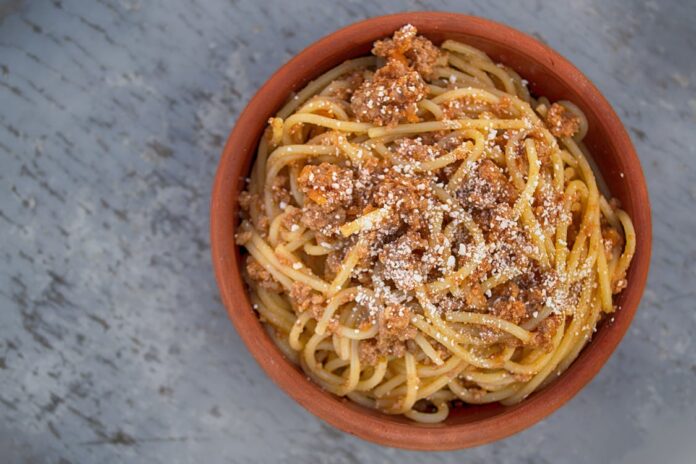
Too tired to cook on a busy weekday? If you are burnt out from your work, your go-to option is probably leftovers. And what better thing to eat all the time than pasta? So this is for all the pasta lovers out there who can eat pasta all week long! But, the question remains, how can you take the time out to cook all this pasta?
Well, pasta is one of those dishes that can last in the fridge for a long time. But it depends on what kind of pasta you’re talking about, given the infinite varieties. So, let’s quickly dive into today’s article and discuss a few things about pasta and how long it lasts in the fridge.
Types of Pasta And How Long They Last
Before going into detail as to how much time pasta lasts in the fridge, we cannot overlook the fact that pasta is an umbrella term and there are a lot of varieties out there. One generic advice or fact doesn’t cover for all.
The ingredients that go into the making of pasta are also quite different which results in different lasting tendencies. For example, if you have dried pasta, it will probably last for weeks. But what about the ones that have once been cooked?
Traditionally made with wheat, it has all sorts of varieties today including peas, lentils, and other gluten-free options. All types of pasta have abundant moisture content in them which is why there is always a risk of mold growth.
Keeping it in cold temperatures of the fridge reduces the moisture content and keeps it dry which ultimately delays the expiration process. Here’s how long some common pasta types last when cooked and kept in the fridge.
1. Homemade Wheat Pasta
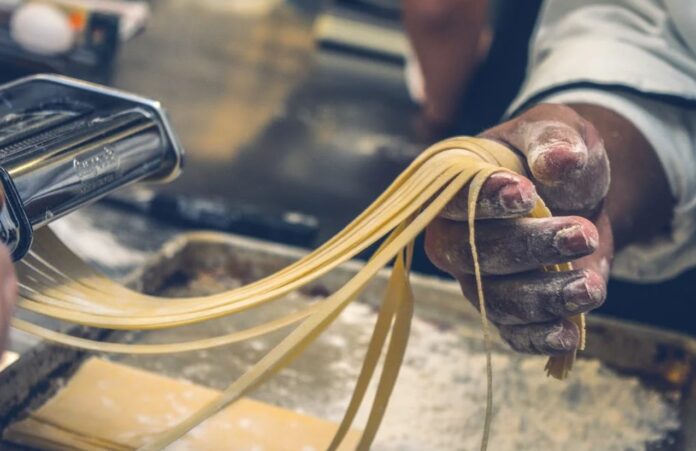
Now, this is a crowd favorite because what is better than a fresh homemade batch of whole wheat pasta made with love? Now, the key ingredients that go into the making of this sort of pasta are all-purpose flour, eggs, salt and you guessed it, whole wheat flour.
You can make a range of different recipes with the melt-in-your-mouth texture of this silky pasta. You can store this kind of pasta for roughly 4-5 days as long as it is kept in the fridge.
2. Gluten-Free Pasta
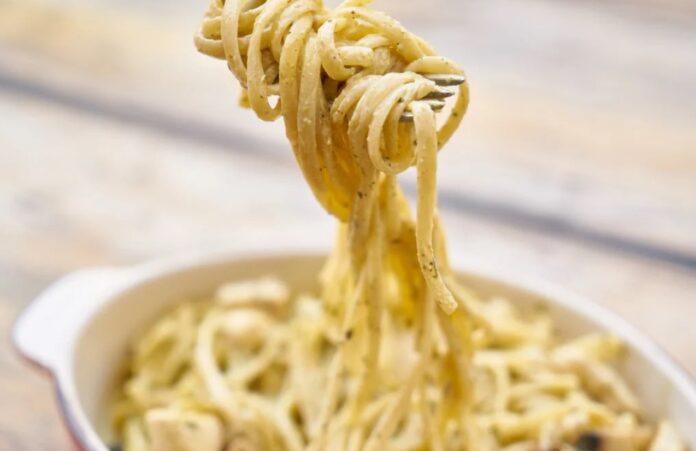
With people now more aware of their health and choosing to live a healthy lifestyle, more and more dietary changes have been adopted. One such thing is the avoidance of gluten in your diet. This works even for people who are allergic or have an intolerance to gluten but love a good bowl of pasta. Gluten-free pasta options are a lifesaver.
Made with different grains that range from corn, buckwheat, millet, quinoa, and rice, the amino acids produced by gluten-free pasta are a blessing for your muscles, skin, and bones. You can make this and store it in your fridge for up to 3-5 days easily. Looking after your diet when you have no time to spare has never been so easy!
3. Fresh Store-Bought Pasta
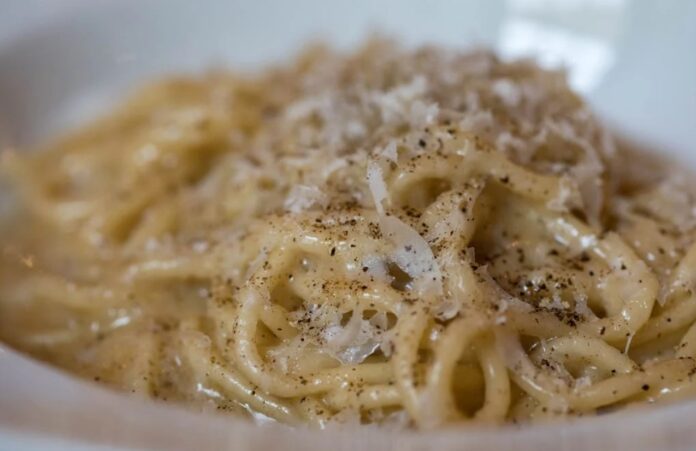
As a working person or a student, this is probably your go-to option on days you don’t feel like making pasta from scratch. And honestly, who has the time? Store-bought pasta comes in different shapes and sizes and its versatile nature is probably what attracts most customers.
You can just whip up any recipe with it. Now, the shelf life of a store-bought pasta packet is probably a lot but what about after you’ve cooked it once already? It usually stays up to 1-3 days upon refrigeration if you’ve already cooked it. So, keep a mental note of that before you rush to consume it.
4. Lentil, Bean or Pea Pasta
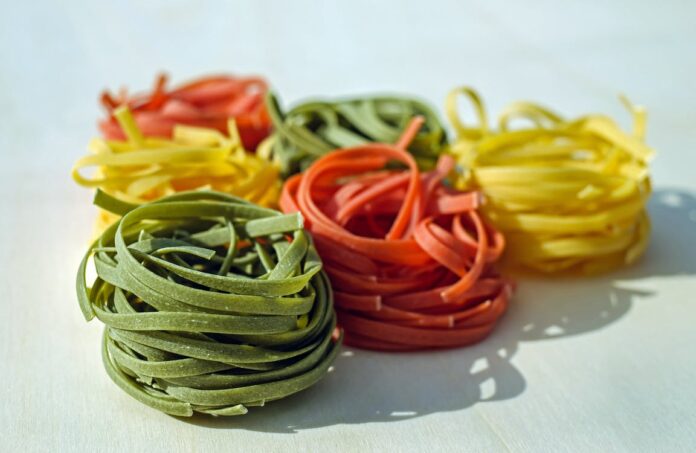
If you were under the impression that you can only eat pasta made out of wheat, you have probably been living under a rock at this point. Legume-based pasta is not just a healthier choice compared to other sorts, it also brings in a variety in taste that is to die for.
These kinds of pasta are full of proteins and fiber. Not just that, but they also have a low carbohydrate content! It can usually be stored for up to 3-5 days depending upon how you choose to consume it.
5. Cooked Pasta With Sauce
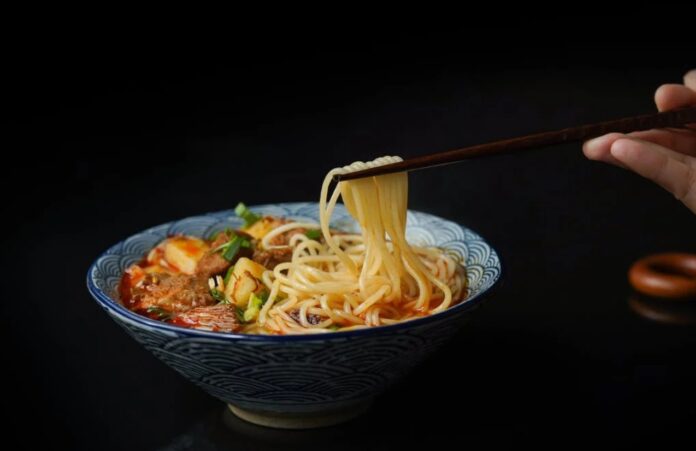
At last, we come to the storage of cooked pasta that you might have already put the sauce on. Now, because of the addition of the sauce that you might have put in, the shelf life becomes a bit different.
It could be any sauce of your liking and you can store it in your fridge for up to 5 days.
How amazing, right? The only disadvantage is probably eating the same recipe over and over again. But hey, if you’re down with it, go for it!
With all these different sorts of pasta, the shelf life might differ from the ones suggested because of the difference in ingredients and recipes. Your storage facilities and techniques could also hamper the shelf life of your pasta.
So, do check if your leftover pasta is good before consumption, and don’t rely solely on these suggestions.
Indicators That Your Pasta Has Gone Bad
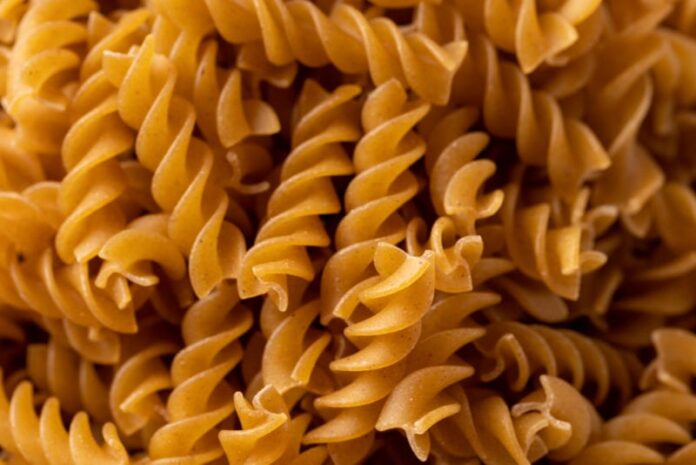
As already mentioned above, pasta goes bad due to different reasons starting from cooking styles, ingredients, storage techniques, and facilities. So you have to check before you go on to devour it. But how to check if your pasta is still good or has already gone bad?
The answer to that is usually in its appearance and the texture. If your pasta has become slimy or gooey, it is a sign that you need to throw your batch out. This texture occurs right before there is a growth of mold in your pasta so always touch and see if the texture is normal.
Another way of telling if your pasta has expired is if there is discoloration or dullness. There will be a gray or white film on your pasta, and that is another tell that your pasta has gone bad.
The last, and obvious indicator is the odor. If your pasta starts smelling foul then you should definitely throw it out. So, remember to look out for appearance, texture, and smell.
The Correct Way Of Storing Pasta
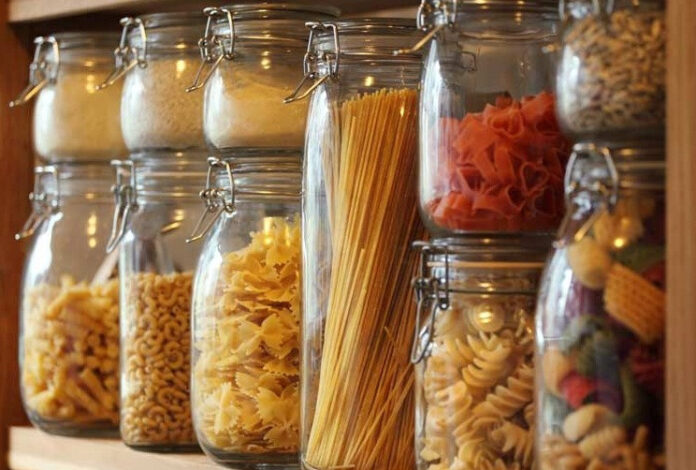
Yes, there is a correct way of storing your pasta and people usually forget the details of it and end up with ruined pasta. You can either store cooked or uncooked pasta but you have to store it well.
If you are looking to store dried pasta, just seal the packet and store it in a cupboard and that should do the trick. Do not leave the packet open. If you cannot reseal the packet, try to store the remaining pasta in a sealable, ait-tight container.
For fresh pasta, you need to either freeze it in your refrigerator or dry it out depending on what you want to do.
Reheating Pasta
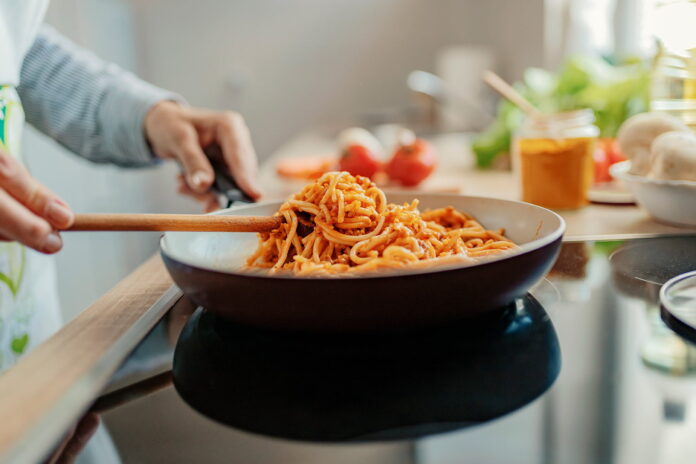
After you’ve stored your pasta, it’s time to open up the lids and reheat it. But you need to do it in a way so that the essential flavors aren’t lost in the process. You can boil your pasta for 1 minute on the stove with water if it hasn’t been cooked with a sauce. You can use the microwave as well depending on your choice.
If you have already put the sauce in your pasta, you need to be patient while reheating it. Try to do it in the oven with a large skillet. If not, then put it on the stove on medium heat and stir it from time to time until it’s cooked!
Harmful Effects Of Eating Expired Pasta
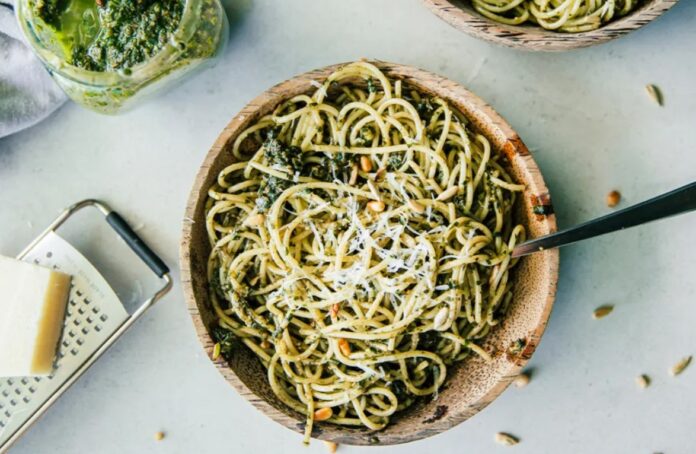
If you are going to eat expired pasta, it’s not just your taste buds that you are risking. Eating expired food products can have a lot of harmful effects on your body that you might be unaware of.
You are at a very high risk of getting food poisoning if you consume food products that have gone past their expiration limit. But this is the least of your problems. Like already mentioned, pasta is the ideal environment for molds if it is past its expiry date.
This means that there will be loads of harmful germs and bacteria growing on your food, one of which might be the pesky B cereus. This usually forms on your pasta when it has been left untouched for a few days.
It can lead to cramps and nausea, and even diarrhea can accompany it. If your pasta has meat or eggs, harmful bacteria like salmonella, listeria, clostridium as well as campylobacter, can also grow on it.
Final Thoughts
Pasta is one of the most consumed foods in the world and its variety is liked by most people. It can be a tasty treat for a lot of reasons but if you are consuming leftovers, there are several factors to be considered.
Shelf life, reheating the right way, proper storage are a few things to consider. Hopefully, this article has answered most of your questions. So be on your way to finishing your delicious leftover pasta right now!











